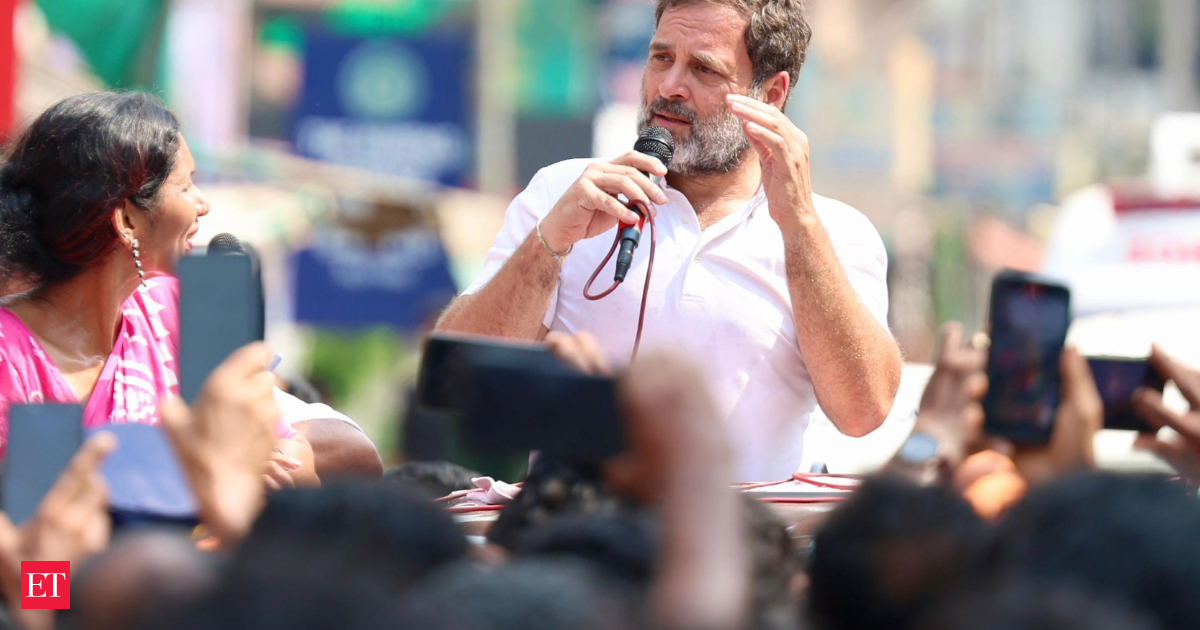Controversy Surrounding Rahul Gandhi’s Wealth Redistribution Proposal
Congress leader Rahul Gandhi’s pledge to redistribute wealth has ignited significant debate. While wealth redistribution has always been a contentious topic—from the revolutionary promises of the past century to modern discussions on economic inequality—Prime Minister Narendra Modi’s recent comments have brought it into sharper focus. PM Modi claimed that the Congress’s plan is to confiscate wealth and redistribute it to Muslims, further intensifying the controversy.
The Details of Rahul Gandhi’s Proposal
Rahul Gandhi announced that if the Congress wins the upcoming Lok Sabha elections, they will conduct a financial and institutional survey to identify the current distribution of wealth in India. Based on these findings, they will implement measures to redistribute wealth and ensure representation of all communities in various sectors. Unveiling the party’s manifesto in Hyderabad, Gandhi emphasized the principle of “jitni aabadi, utna haq” (equal rights based on population), promising to begin with a caste census to determine the status of various groups before initiating wealth redistribution.
Economic Inequality in India: A Growing Concern
Economic inequality in India has been on the rise, with the richest 1% now owning 40% of the country’s wealth, according to a study by renowned economist Thomas Piketty. The study highlights that between 2014-2023, wealth concentration among the top earners increased significantly, exacerbating the inequality gap. Researchers suggest imposing a “supertax” on billionaires and restructuring the tax system to address this growing disparity, noting that similar trends are observed globally but are particularly pronounced in India.
The Debate Over Wealth Redistribution
Critics argue that while addressing inequality is important, redistributive policies might stifle innovation and economic growth. They caution against vilifying wealth creators, emphasizing that economic growth benefits all, including the poor. Additionally, there are concerns that extreme measures, such as those proposed by Rahul Gandhi, might not be practical and could potentially hinder India’s economic progress, echoing the failures of similar policies in the past.
The Path Forward
The debate over taxing the rich and wealth redistribution is unlikely to fade soon, both in India and worldwide. Balancing economic growth, fiscal prudence, and welfare spending remains a challenge for governments. While radical measures like wealth redistribution might seem appealing, sustainable economic growth is seen by many as a more effective strategy for reducing poverty and inequality in the long term.

